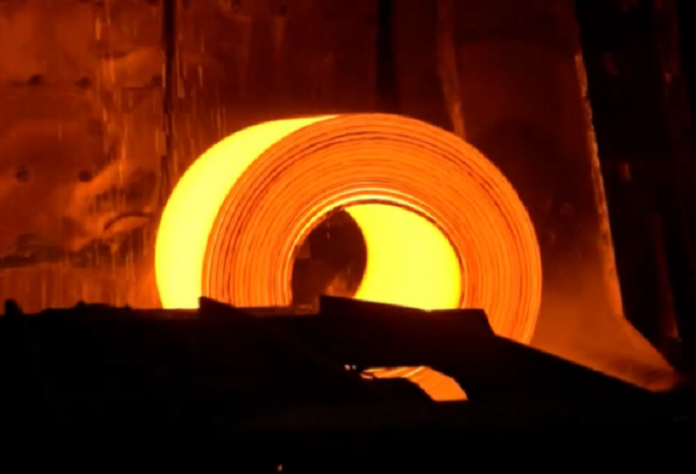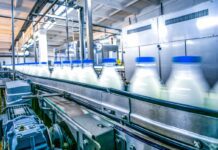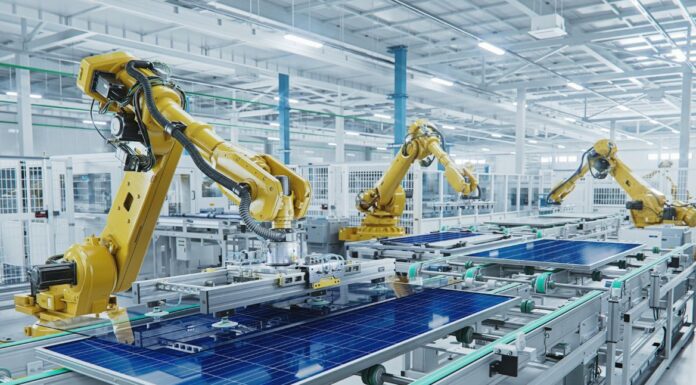
Rio Tinto is advancing an innovative technology to deliver low-carbon steel, using sustainable biomass in place of coking coal in the steelmaking process.
Developed over the past decade, the laboratory-proven process combines the use of raw, sustainable biomass with microwave technology to convert iron ore to metallic iron during the steelmaking process.
Rio Tinto Iron Ore Chief Executive Simon Trott described the new technology as ‘a potentially cost-effective option to cut industry carbon emissions’.
“We are encouraged by early testing results of this new process, which could provide a cost-efficient way to produce low-carbon steel from our Pilbara iron ore,” Mr Trott said.
“More than 70% of Rio Tinto’s Scope 3 emissions are generated as customers process our iron ore into steel, which is critical for urbanisation and infrastructure development as the world’s economies decarbonise.
“So, while it’s still early days and there is a lot more research and other work to do, we are keen to explore further development of this technology.”
Rio said in a statement that the patent-pending process was currently being tested in a small-scale pilot plant. To further develop the process, the company’s researchers are working with the multi-disciplinary team in the University of Nottingham’s Microwave Process Engineering Group.
“If this and larger-scale tests are successful, there is the potential over time for this technology to be scaled commercially to process Rio Tinto’s iron ore fines,” reads the statement.




















